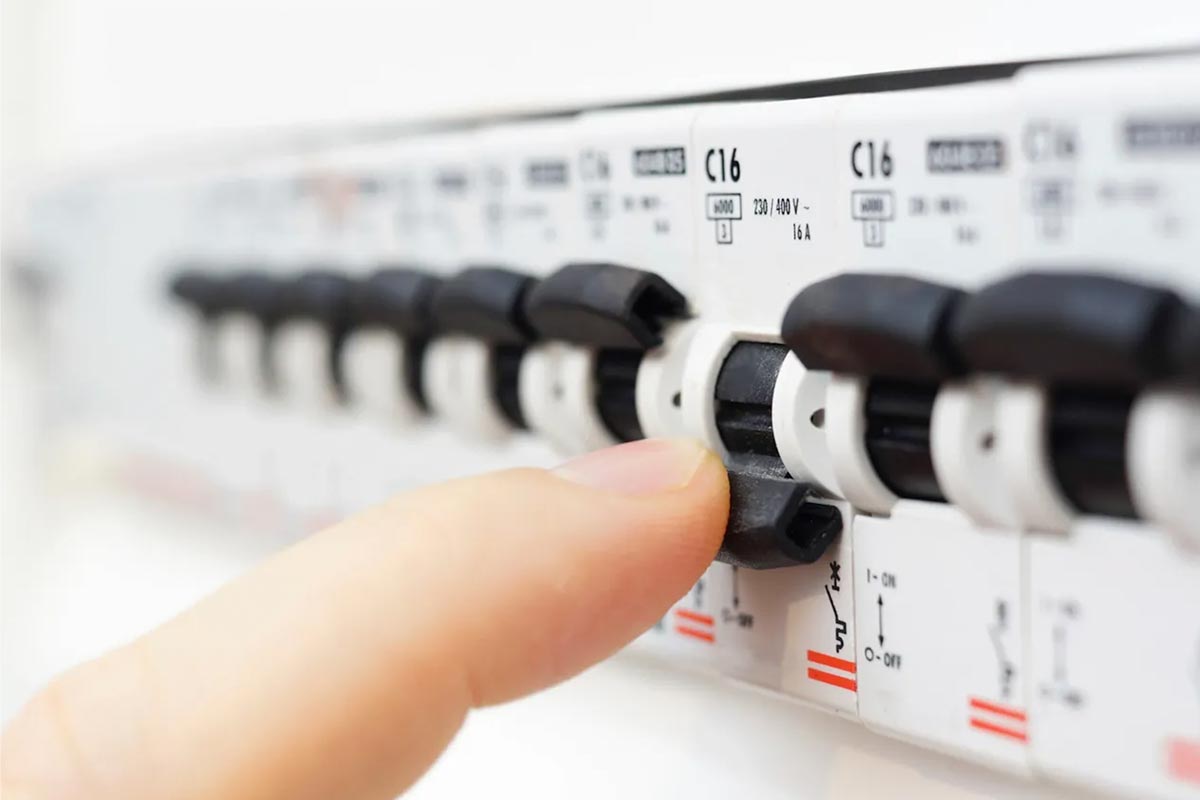Recent news tells of the invention of an LSD “off switch.” In an April 21, 2020 press release, pharmaceutical company MindMed (in conjunction with the Liechti Lab at the University Hospital in Basel) announced the patent filing of a “neutralizer technology” intended to “shorten and stop the effects of an LSD trip during a therapy session.” With clinical setting as its focus, MindMed seeks to “equip therapists and other medical professionals with the resources and technology to better control the effects of dosing LSD in a clinical setting to improve the patient experience and patient outcomes.”
The prospect of a chemical “off switch” for any psychedelic is a fascinating thing. If this “off switch” works as described, it means that an LSD trip can be trimmed from its usual 8-12 hours to any duration, making it perfectly suitable for a clinic setting. An “off switch” also means that anyone suffering a bad trip can abort mission. This begs a question – what does “switching off” a bad trip look like? Does someone go from freaking out to suddenly calm and normal?
Many interesting possibilities and several issues flow from such an invention. Top of the list, what will the “off switch” cost per dose? How about the LSD? What will the associated clinical therapy services cost? Will health insurance accept psychedelics, “off switches,” or psychedelic assisted therapy? It ought to be the case that an “off switch” should make LSD assisted therapy more palatable to insurance companies. But health insurance is usually the last to join the party, meaning a consumer-palatable cost model is likely far off in the future.
How will the DEA schedule an “off switch?” An “off switch” is the antithesis to an addictive substance, so scheduling considerations ought readily to exclude Schedules I-III. Based on the description, Schedule V, if any schedule, is apt to be the “off switch” destination. In turn that begs yet another question – will the “off switch” be available without prescription? Would it be a standard emergency medical kit item, like Narcan? Will harm reduction groups be permitted to administer it at public events? Could you purchase it at head shops?
Consider also the possibility of a combined LSD tablet with the “off switch” inside a time release coating, an all-in-one pill. The prospects inside a clinical application are obvious. But what about outside of a clinical application? A psychedelic that can self-terminate on short duration creates another favorable argument for non-clinical use too. Equally likely, an all-in-one pill might also create a backlash, as such a pill is apt to be highly attractive in recreational circles. The “off switch” might popularize LSD in many of the same ways that LSD once popularized LSD. It is not difficult to imagine groups decrying the “off switch” as encouraging drug use. Time will tell, and this possibly game-changing technology is worth watching.
Gary Michael Smith is an attorney and arbitrator and founding member of the Phoenix Arizona-based Guidant Law Firm. He is also a founding director and current president of the Arizona Cannabis Bar Association, board member of the Arizona Cannabis Chamber of Commerce, and contributing author to GreenEntrepreneur.
